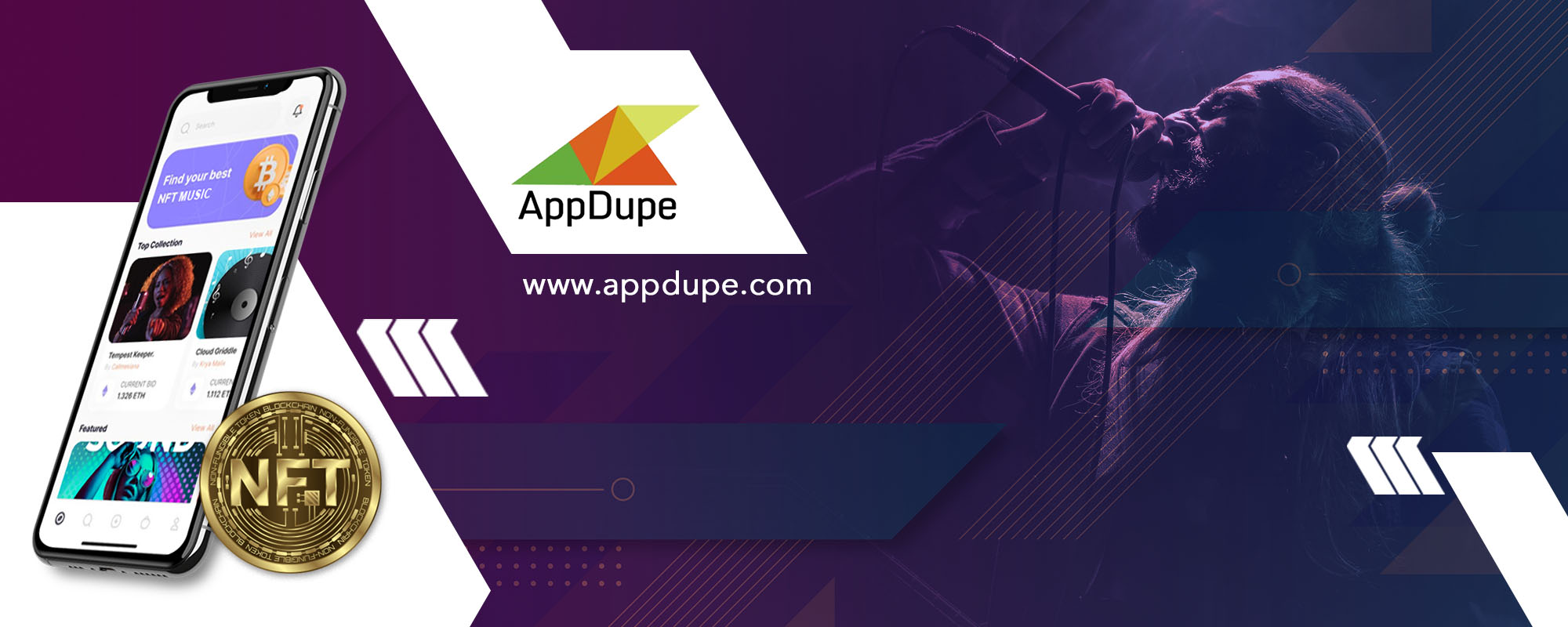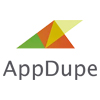Corner The Crypto Enthusiasts With A NFT Music Marketplace Development
Author NFT Music Marketplace Development
NFT and cryptocurrencies go hand-in-hand and are inseparable components. The digital marketplace has given identity to the creators and the auctioneers. With several celebrities stepping into this lucrative platform, fans and crypto users are going crazy over it. Moreover, NFTs have become the new addiction for the users and fans as celebrities use these platforms to generate revenue as well as to claim royalty over their content.
If you are so keen on blockchain technology, the idea of NFT must have rung in your mind for sure. In this blog, we have dealt with describing the process of developing an NFT music platform.
What is so enticing about NFT, and how do they work exactly?
NFT or Non-Fungible Token is a unique digital asset stored in the blockchain that is neither interchangeable nor exchangeable over any other digital assets. What are all things that can be mended into NFTs? Anything that is considered as rare or finest things can be made into an NFT.
The fundamental rule of NFT is that the collectibles should be first of their kind to be mined into NFTs. The specialty about these NFTs is that they cannot be copied, deleted, or closed. These NFTs can be anything like digital artworks, portraits, music, etc.
Moreover, these NFTs are digital certificates associated with the products minted as NFTs, and they get stored in the blockchain, which provides individual identification information to each NFT. This minimizes the chances of getting duplicated. When someone owns an NFT, they might get their digital certificates as a token of ownership.
These NFTs have become a trusted source for artists and content creators to sell their content directly to their fans. There were times when musicians and artists were not given proper recognition, and they started demanding royalties for their content. For them, such NFTs are real blessings where they get paid for what they own. This is the reason why it is so famous among them.
Music and NFT – What’s in the stores?
When you can convert digital artworks and paintings into NFT, why not music? The world was astonished when DJ and music producer 3LAU made $11.6 million in just 24 hours by mending them into the NFT. Most of them were not in the state of believing them when they heard about NFT for the first time.
These blockchain platforms enable the musicians to tokenize their music content and sell them directly to the common public, who can purchase them in exchange for Ethereum. Here, the artists will get their royalty as long as their music album hits on the blockchain. They become irreplaceable, and this way, they will steadily earn their revenue.
Moreover, NFT is revolutionizing the music industry and puts a full stop to those age-old concepts of handling paper-based contracts. There are no intermediaries and middlemen involved here and minimizes the stress. In earlier days, they had to hunt for music companies to publish their music.
After the advent of the pandemic, there were quite a lot of restrictions for public gatherings. This has stopped musicians from organizing their live concerts. NFTs have become the best way to generate revenue by releasing their music in the form of tokens and selling them to people.
Would you like to schedule a meeting with our experts?
Benefits of NFT and music
Generally, the only thing keeping an artist worried is proving his uniqueness. Even if their content is valued, sometimes they feel like being unrecognized. NFT has won over their hearts by giving them due credit for what they create on their own.
Safe and convenient
When musicians create their music, they have the ability to minimize and restrict the number of tokens. They have the full freedom to create their music in the way they want it. Buying an NFT is not an easy task. The fans or the buyers should first develop their wallets and then join the auction to buy them. They will undergo several verifications and finally be permitted to participate in the bidding.
No middlemen or intermediaries
The music industry involves too many intermediaries for the musicians to face. To release their music albums or videos, they have to partner with music companies to release them. Even in music platforms like Spotify, they get only a part of the amount as royalty. Even during music concerts, they have to pay their sponsors. But in NFT, there are no such intermediaries, and they can directly sell their music to their fans.
How does Appdupe’s NFT marketplace for music work?
- The musicians should register themselves in the NFT music platform
- They will, in turn, create their crypto wallets.
- The artists or the musicians will upload their music video which they have composed
- Followed by that, the musicians will decide if they will sell them or as a bid for others to auction.
- After the file passes moderation, the NFT music can be viewed by the buyers.
- The musicians will start accepting the bids, and once the auction is over, they will get notified about the top bids.
- The platform will regulate the transfer of funds and music from the creators to the buyers.
Some of the attractive NFT music marketplace clone scripts we offer from Appdupe
- Rocki clone
- Submerge clone
- Unchained music clone
- NFT genius clone
- Open lake clone
- Music.NET clone
Wrapping up,
The NFT marketplace has become a hot topic in the market. The blockchain-built NFT provides reliability and security for the artists and musicians to control who can see or access their content. Moreover, it gives them a sense of ownership, which has long been denied in the music industry.
Appdupe offers a robust NFT music marketplace development service to help crypto experts launch their own NFT marketplace for music. We are a one-stop solution you can always rely on for your business. Contact us right away to discuss more.
Are You Aspiring To Launch A Music Streaming App? Let Us Strike A Deal

Marketing is my soul mate and writing is my side kick. Using my writing skills to share the knowledge of app development and upcoming technologies.





